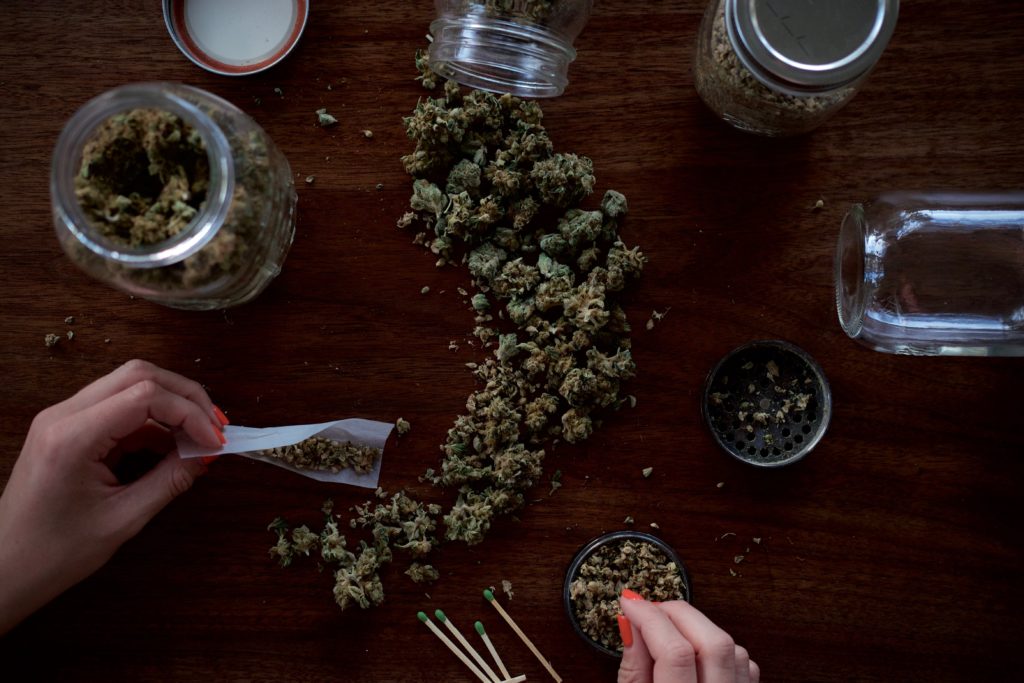The Zambian Army has announced that it will start growing cannabis, ahead of the potential passing of recently-introduced cannabis legalization legislation. While the move is promising and is expected to create over 3000 new jobs, it is potentially premature and could face roadblocks, the first of which is the legislation legalizing cannabis which is yet to pass through the nation’s parliament.
Zambian Army to Start Growing Cannabis


Commander Solochi, the general in charge of the Zambian army said in late February that his forces would acquire land in several provinces of the country to grow medical cannabis. Planting is now expected to begin this month.
It is now expected that the initiative will see more than 3,000 jobs created by the Zambian Army, supported by traditional leaders, Zambia’s land keepers, who have “agreed” to freely cede some of their lands for cannabis deployment.
For more new and unexpected cannabis developments, download our free cannabis news app.
Zambian Cannabis: A New African Leader?
Unlike its neighbors South Africa, Zimbabwe, and Lesotho, Zambia is one of the countries in Africa that is taking its time to move towards the legalization of medical cannabis, or at least its cultivation and export. Medical cannabis is banned for Zambian residents but the country, like the UK until recently, allows its cultivation and export.
“Zambia has some of the richest soil in Africa ecologically and, given the country’s huge size, dense virgin land that, on paper, is fantastic for high-quality cannabis. It is a mystery why Zambia has so far been absent from the cannabis deals in Lesotho, South Africa, Malawi, or Zimbabwe,” says analyst Dennis Juru of the South Africa International Cross Borders Traders Association.
Is the Zambian Army Moving too Soon?
According to local feedback, so far the Zambian parliament has only “approved the publication and introduction of a bill in parliament for the legalization of cannabis cultivation.
“Zambia sees cannabis as a security crop, hence the army’s decision to pre-empt legalization to seize land for cannabis,” says Deogracias Kalima, a freelance ecology writer for Unsustainable magazine and the Food and Agriculture Organization of the United Nations in neighboring Malawi, where Mike Tyson has been appointed cannabis ambassador.
Militarizing Cannabis Is Becoming a Regional Trend
Zambia is not the only country in the region that appears to be militarizing cannabis. Its southern neighbor Zimbabwe, which legalized cannabis back in 2018, is also a place where cannabis has been militarized. First, Zimbabwe’s police and prison service, which are heavily militarized state agencies, were granted the first licenses in 2019 to grow cannabis plantations on prison sites for export.
“The Zambian military, like that of its neighbor Zimbabwe, is the ultimate ‘deep state’. It has obviously observed the trend in neighboring Zimbabwe to partially militarize lucrative cannabis transactions and thought, ‘Why can’t we do the same here?
It should also be noted that the Italian military had also started to grow medical cannabis, with catastrophic results in terms of quantity and quality, prompting the Italian government to open up cultivation to the private sector. We’ll have to wait and see if the same fate awaits the Zambian military.
__
(Photo by Wesley Gibbs on Unsplash)
DISCLAIMER: This article was written by a third-party contributor and does not reflect the opinion of Hemp.im, its management, staff, or its associates. Please review our disclaimer for more information.
This article may include forward-looking statements. These forward-looking statements generally are identified by the words “believe,” “project,” “estimate,” “become,” “plan,” “will,” and similar expressions. These forward-looking statements involve known and unknown risks as well as uncertainties, including those discussed in the following cautionary statements and elsewhere in this article and on this site. Although the Company may believe that its expectations are based on reasonable assumptions, the actual results that the Company may achieve may differ materially from any forward-looking statements, which reflect the opinions of the management of the Company only as of the date hereof. Additionally, please make sure to read these important disclosures.
First published in newsweed, a third-party contributor translated and adapted the article from the original. In case of discrepancy, the original will prevail.
Although we made reasonable efforts to provide accurate translations, some parts may be incorrect. Hemp.im assumes no responsibility for errors, omissions, or ambiguities in the translations provided on this website. Any person or entity relying on translated content does so at their own risk. Hemp.im is not responsible for losses caused by such reliance on the accuracy or reliability of translated information. If you wish to report an error or inaccuracy in the translation, we encourage you to contact us.



Comments are closed for this post.